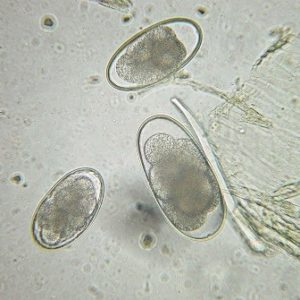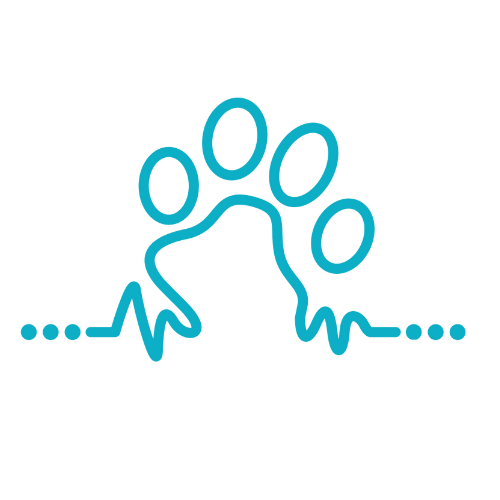
Equine Worming- by Dr Shannon Goodwin BVSc
Internal parasite prevention should be an integral part of your horse management program. The traditional advice has been to worm horses every three months, but new research shows that this may not be the most efficient strategy. Over-worming or using inappropriate treatments can lead to parasites becoming resistant to treatments in the long term, making it difficult to eradicate infections.
In short, an ineffective worming program can cost you money.
A good worming program should:
- Target only horses that are shedding a high number of worm eggs.
- Reduce the amount of medication/chemicals used.
- Worm horses only when necessary.
- Use faecal egg count monitoring to determine when and which horses to worm.
- Include pasture and environmental management.
Faecal egg counts (FECs) allow us to calculate how many worm eggs your horse is shedding in their faeces and determine how effective your current worming program is. The number of worm eggs being produced will indicate whether your horse is at low, medium, or high risk of worm-associated illnesses or diseases. At a minimum, FECs should be done once a year at the start of spring. Ideally, they should be done prior to administering a worm treatment, then 14 days after, to assess the effectiveness of the treatment against the parasites present.
Horses in low-density areas, such as large property paddocks, may require worming less frequently than horses in high-density areas, such as agistment paddocks or stables. Horses that regularly travel or are introduced to new horse herds may be at higher risk of picking up parasites.
Environmental management can also help reduce the worm burden in the pasture. This includes removing manure, rotating paddocks regularly, avoiding over-grazing the pasture, and grazing with other species of animals.
A strategic worming program can reduce your management costs and the long-term issue of worm resistance.

